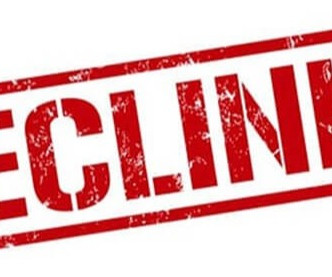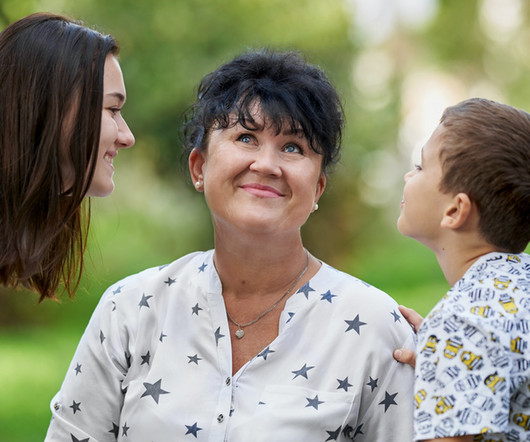Research Tips: How to Find New Private Funds By Ashley Dooley, GPC
Assel Grant Services
JUNE 30, 2024
Did you know that awards issued in response to requests for proposals (RFP) account for less than 1% of total foundation giving? Form 990 tells you whom to contact if they accept unsolicited proposals, what information and materials should be submitted with your proposal, and any restrictions or deadlines. Funders are out there.














Let's personalize your content